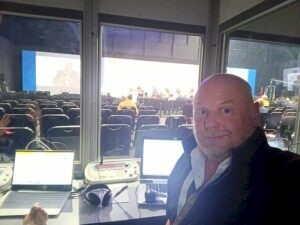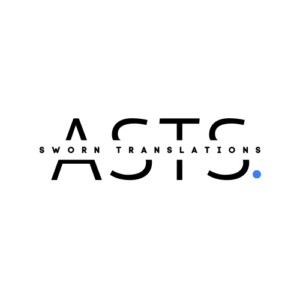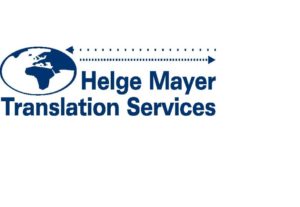It is important to have your CV or Resume in the correct format. In Germany the prefer a Resume for job applications.
- CV – a full history of your academic credentials and details the whole course of your career. Your research experience, rewards, publications and memberships can be included
- Resume – a one or two page document listing the key facts of your professional experience, education and skills. The emphasis is on skills
[wpfa5s icon=”fa-hand-o-right”] Tips:
- You always apply in the language of the job posting, so if the job is advertised in German, your application should be in German as well.
- No longer than two pages
- Include a professional looking photo
- Adjust your emphasis depending on the job requirements – do not elaborate about your financial background if you apply for a programming job. Keep it relevant to the role
- Triple check for spelling and grammar mistakes (you can use a tool like Grammarly)
- At a minimum you should list your profile, personal information, education, works experience, skill set, certifications and language abilities
- Your hobbies and personal interests do not belong on a German resume
- Profile – a short description or introduction about yourself, your skills, experience and qualifications – again keep it relevant to the role. Almost like an elevator pitch
- Personal information – Include your first and last name, nationality, date of birth, contact information and a photo. You could also add your marital status.
Resume Formats
Documents to attach to your application:
- Cover letter
- Resume
- Testimonials
- Proof of education if asked
Vocabulary
| CV / Resume | Der Lebenslauf |
| Cover Letter | Das Anschreiben |
| Testimonial | Das Zeugnis |
| Recognition | Die Anerkennung |
| Interview | Das Bewerbungsgespräch / Vorstellungsgespräch |
| Study curriculum | Das Studium |
| Degree | Der Abschluss e.g Bachelor Degree is Der Bachelorabschluss |
Translators listed on our website

Chris Grosch – accredited interpreter – sworn translator – VO artist
Chris Grosch – accredited interpreter – sworn translator – VO artist Professional linguist in English, German and French having lived in Germany, Japan, the US,

Angela Goosen – Sworn Translator
Based in Cape Town South Africa. I am a born South African, stayed in Munich for 13 years and am back in SA I am

Birgit Böttner – Sworn Translator
Based in Johannesburg South Africa. I’m a qualified sworn translator for English & German, registered with the German Consulate in Pretoria Trained in Germany in

Linguistika
A Multifaceted Language Service founded by Stephanie Schaffrath TAILORED ONLINE LANGUAGE TUITION: With over 12 years of experience teaching languages, Linguistika is committed to providing

Helge Mayer translations services
Based in Germany. Helge Mayer (MA) – accredited/sworn translations German to English and English to German Masters Degree in Translations from the University of Heidelberg
Related content

Career coaching
Career coaching or counselling is professional advice and support to help you manage your education and career. This could be in the form of workshops,

Networking
In todays connected world it is important to manage your online professional identity. Many companies find potential staff via professional networks like LinkedIn, and they

Searching for job opportunities
The most popular approach to finding a job in Germany is to register directly on company job sites. This helps you keep track of all



You must be logged in to post a comment.